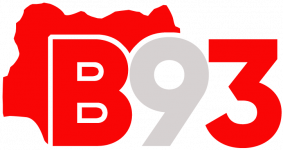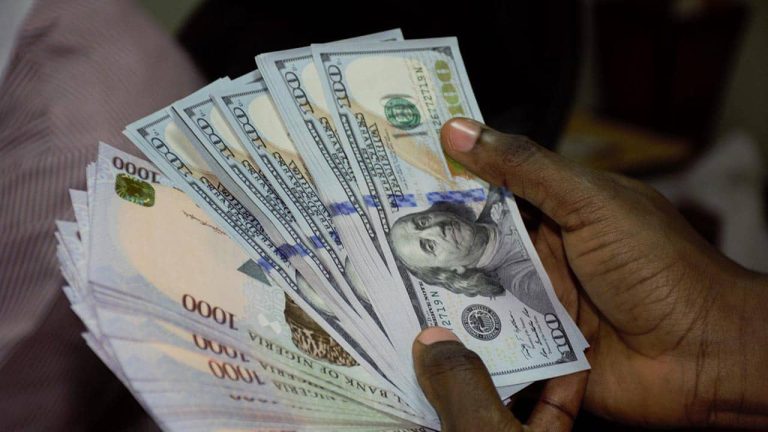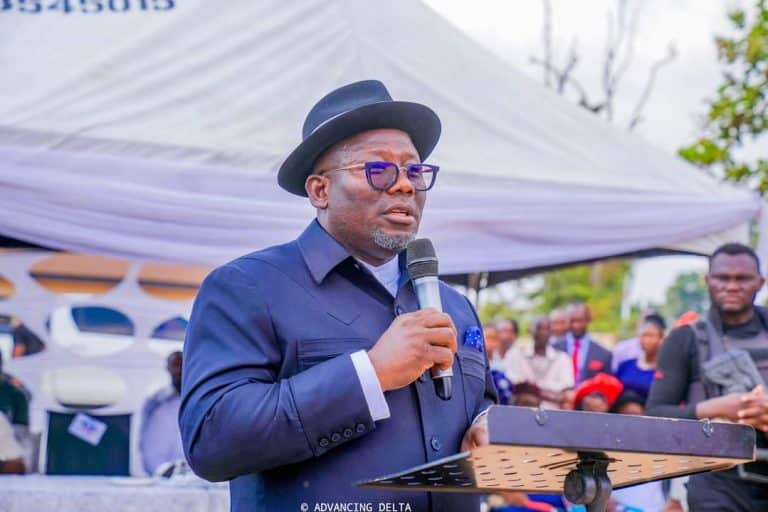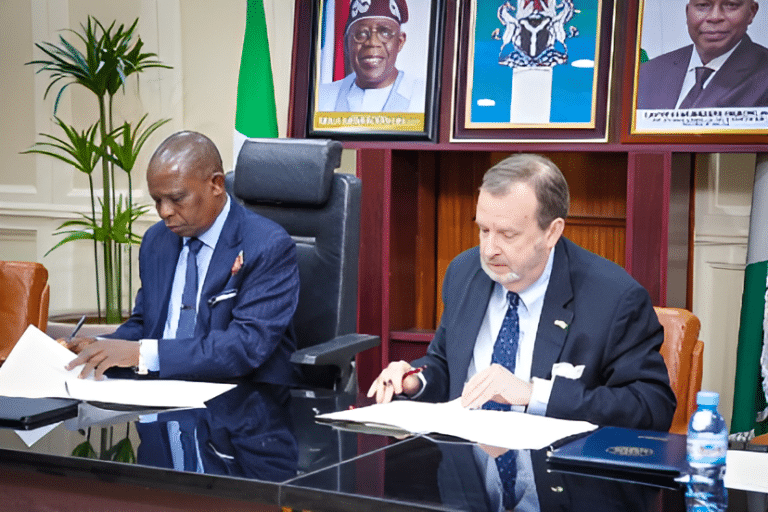The Nigerian currency, the Naira saw a rise to ₦1,640 per dollar in the unofficial market, up from ₦1,650 per dollar the day before.
Likewise, the Naira saw an increase to ₦1,541.52 per dollar in the Nigerian Autonomous Foreign Exchange Market, NAFEM.
Information from FMDQ revealed that the average exchange rate for NAFEM dropped to ₦1,541.52 per dollar from ₦1,544.02 per dollar on Thursday, suggesting an appreciation of ₦2.5 for the Naira.
Information from FMDQ also indicated that the amount of dollars exchanged (turnover) in the official market surged by 117.7 percent, reaching $190.57 million compared to $87.51 million the day before.
As a result, the difference between the unofficial market rate and the NAFEM rate became smaller, dropping to ₦98.48 per dollar from ₦105.98 per dollar on Thursday.
Meanwhile, a former member of the All Progressives Congress Presidential Campaign Council (APC PCC), Ayobami Oyalowo, has suggested the reason for Nigeria’s inflation rate status.
Oyalowo, who was on Channels Television’s The Morning Brief programme on Tuesday, asserted that the primary factor contributing to Nigeria’s escalating inflation is not the cost of fuel, but rather the ongoing depreciation of the naira in relation to the dollar.
He emphasized that the core issue lies in the exchange rate of the naira against the dollar, anticipating that inflation will intensify in the coming months, particularly with the release of the September inflation data, reflecting the current petroleum prices.
The economist pointed out that although there has been a slight improvement in food prices recently, a downturn may be imminent.
He said: “I don’t think the price of fuel is a major problem; what is not improving and what is causing most of this problem is the rate at which our naira is priced against the dollar.
“I sat down yesterday to look at it clearly. We are still buying fuel at less than 60 cents so what we are witnessing is not the price of fuel increase, it is the rate of our naira so undervalued or devalued.
“For as long as nobody is looking at how to shore up the value of the naira, fuel price is going to go up and as fuel prices goes up it will impact on the prices of goods and services.
“We would come back next month and things are likely going to get worse because the inflation figure for September will factor in the current price of petroleum and when that is done we would come back here and discuss it and see that some other things have gone up while the food that we think has been a bit positive maybe not be that positive come September.”







